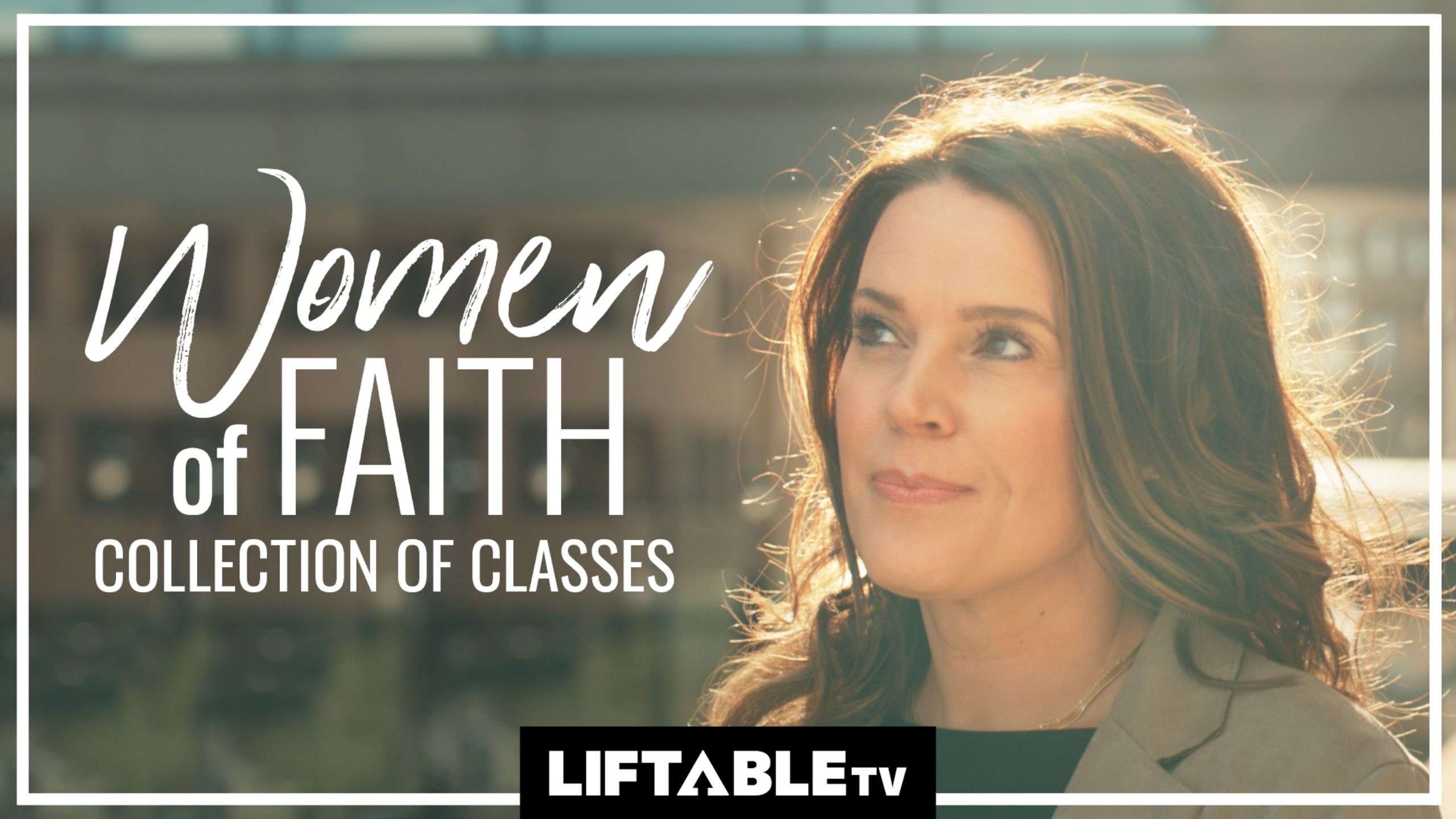CHILDHOOD SEXUAL ABUSE

E-BOOK
Ready to start reading right now?
Download now for a complete and comprehensive reading on CHILDHOOD SEXUAL ABUSE.
KEYS FOR LIVING BOOKS
The Women of Faith Keys for Living books are designed for those looking for help and for those looking to help, the Keys for Living were created to help you … and help you help others. The Keys are great for personal study and growth, small group studies, and for teaching and training purposes.
What to Expect in the Keys: You’ll discover God’s wisdom and guidance in a simple format.
- Definitions help you understand the topic from God’s perspective.
- Characteristics give insight into the different aspects of the topic.
- Causes shed light on the underlying issues related to the topic.
- Steps to Solution (Step-by Step) show you how to be transformed, walk in freedom and live in victory.
COLLECTION OF CLASSES
Take a deep dive into complete and comprehensive teaching.
Learn with our collection of classes found by subscribing today PLUS receive so much more.
Our Women of Faith Collection of Classes are designed to help you and those you care about deepen your relationship with Jesus and make practical changes in your life. Sign up to watch the Women of Faith Collection of Classes at LIFTABLEtv and start moving toward the FREEDOM you crave.
Whatever you’re facing, your life matters, and God wants you to live in victory. Today is a great day to begin.

NOT SURE ON HOW TO START?
LEARN: WHAT ARE THE SIGNS OF CHILDHOOD SEXUAL ABUSE?
Get your free Key to Hope on CHILDHOOD SEXUAL ABUSE. The download will be sent to your email.
WOMEN OF FAITH SHOW with ALITA REYNOLDS
Inspiring conversations that will encourage you to live the life you were created for.
Do you want to experience a deeper relationship with Jesus?
Do you need some encouragement that your story has a purpose?
Join Alita Reynolds, the President of Women of Faith, as she and her featured guests inspire you to live the life you were created for and equip you to walk more fully in God’s purpose for your life.
Whatever your story, your life matters, you belong, and God wants you to live victoriously. You’ll meet a wide range of guests who impact the kingdom in meaningful ways every day. Their stories will inspire you to believe that when we walk by faith, ANYTHING is possible.



